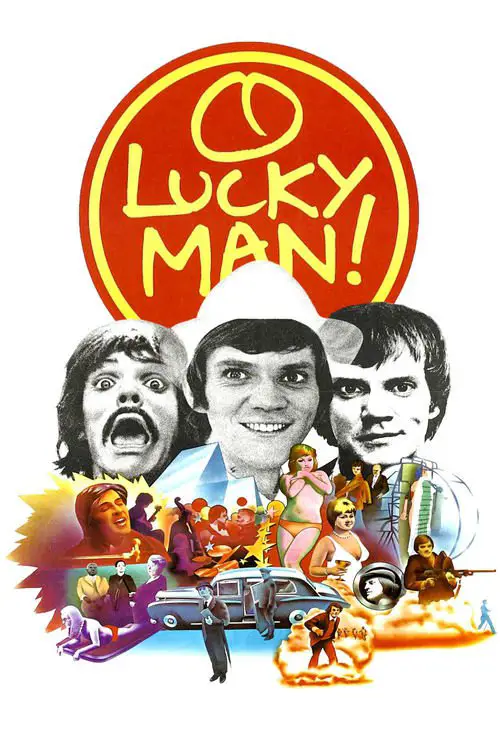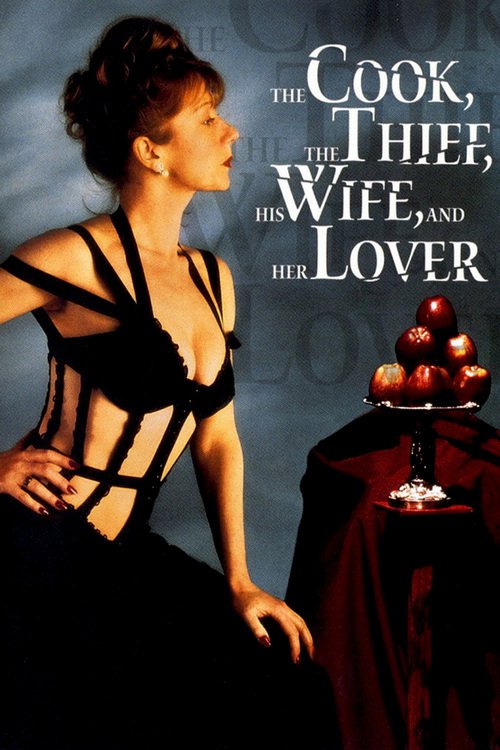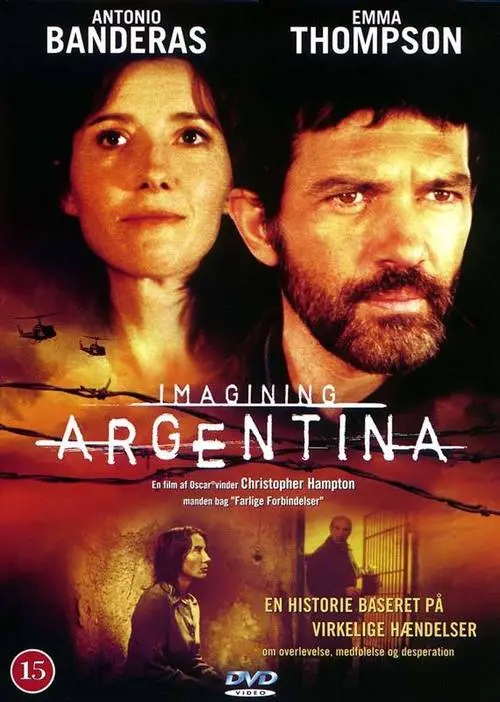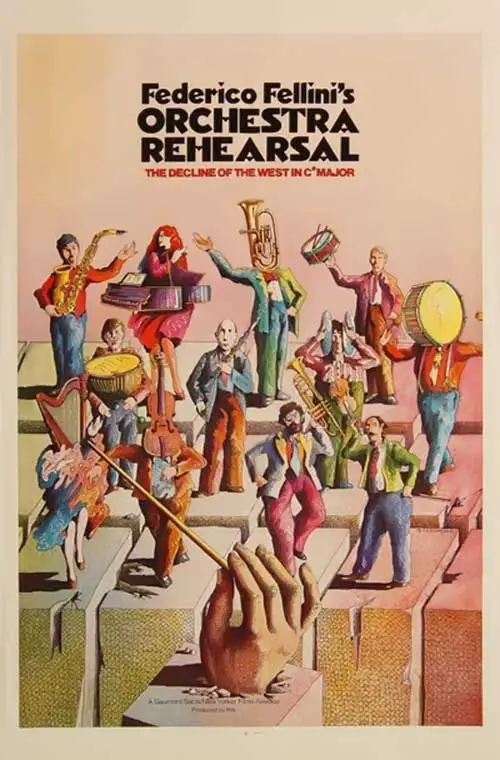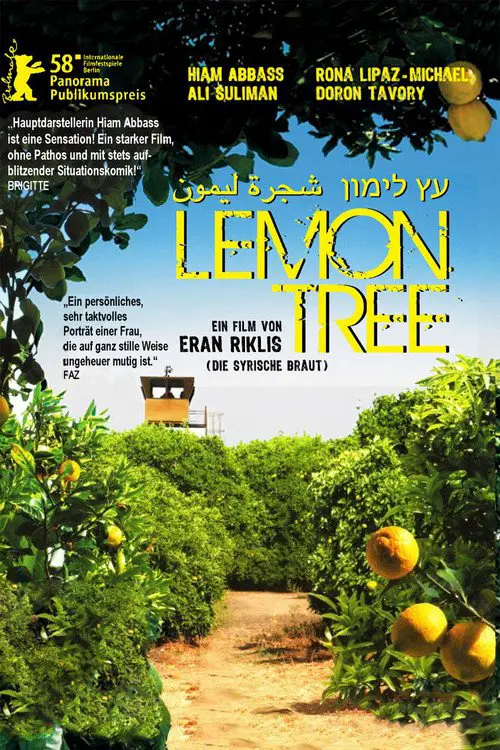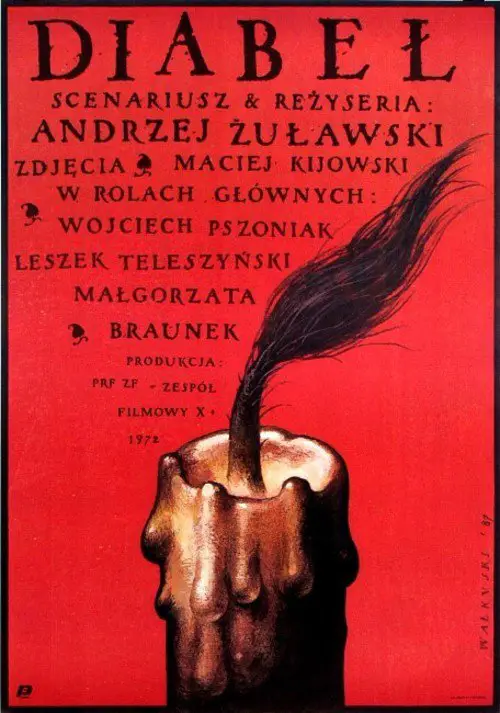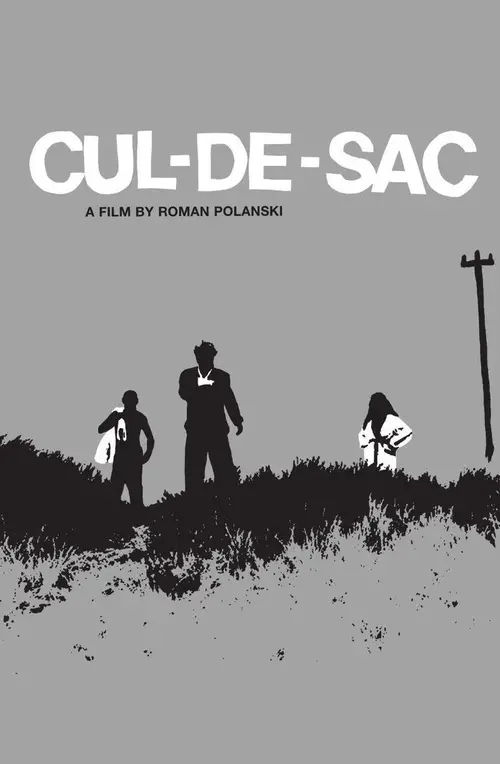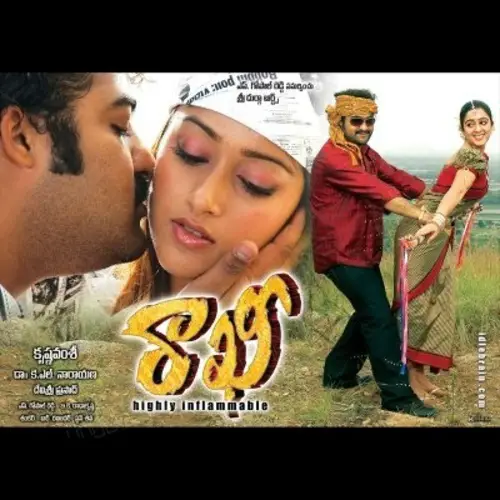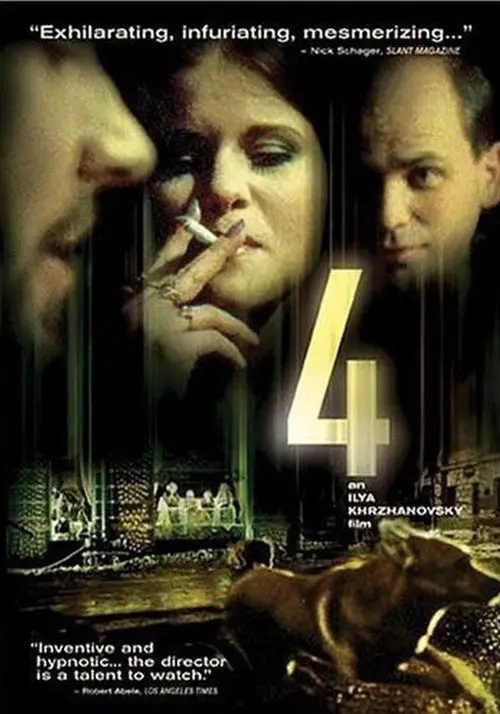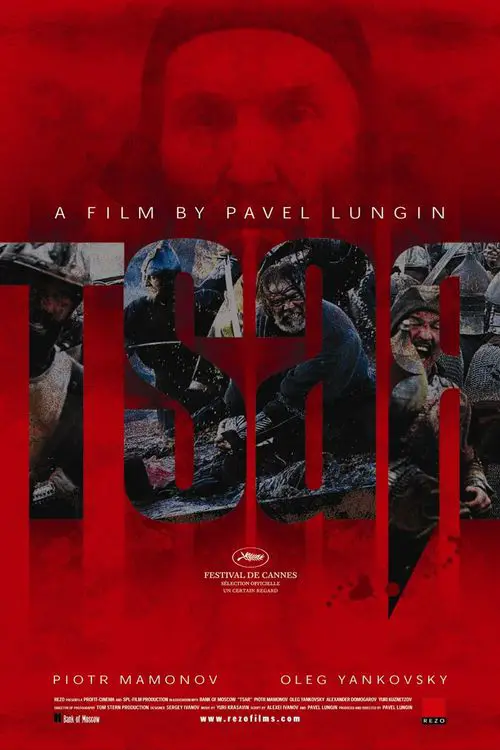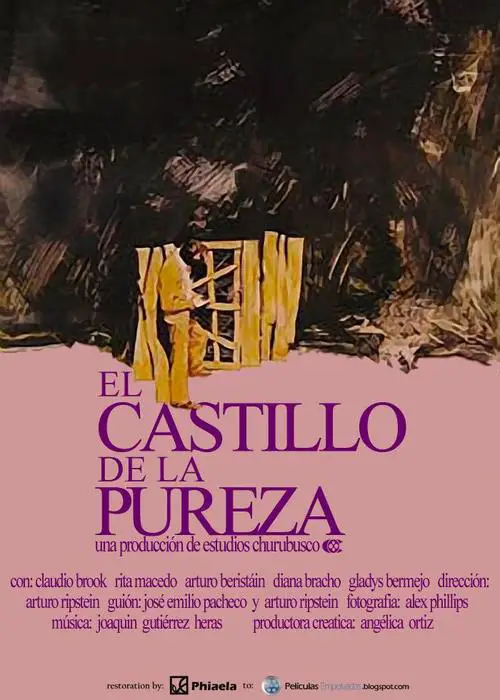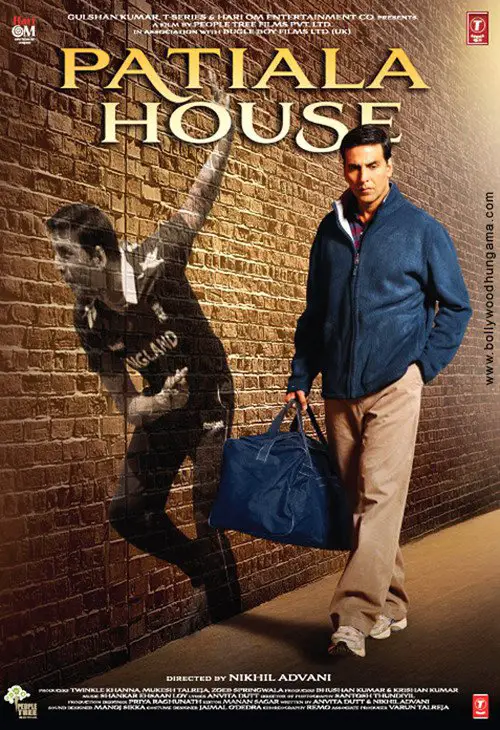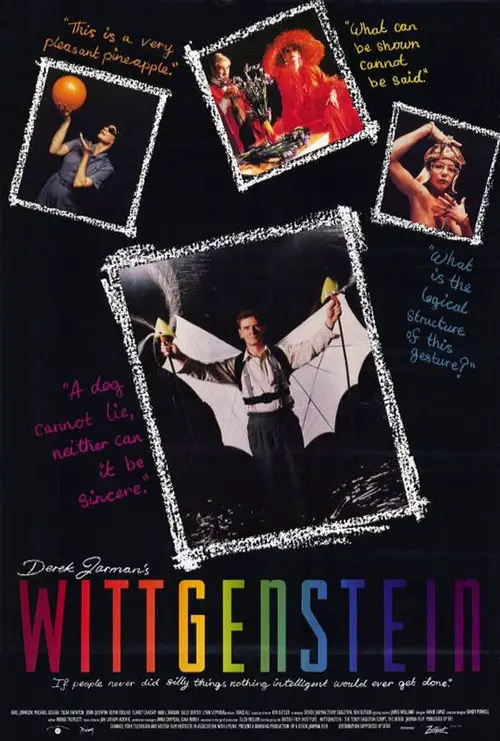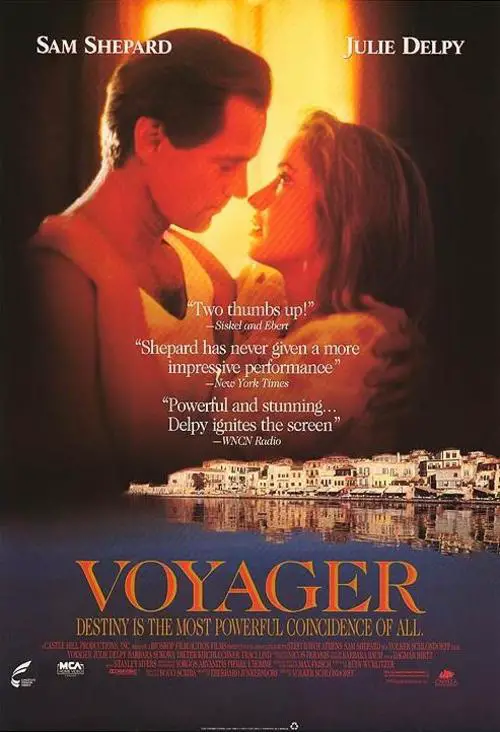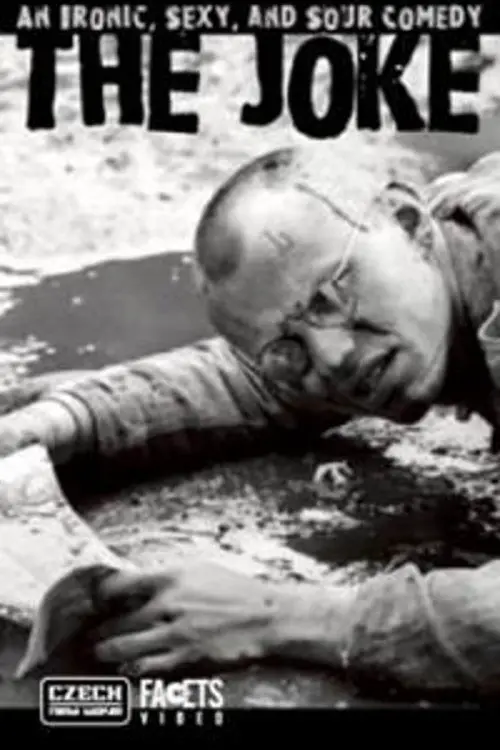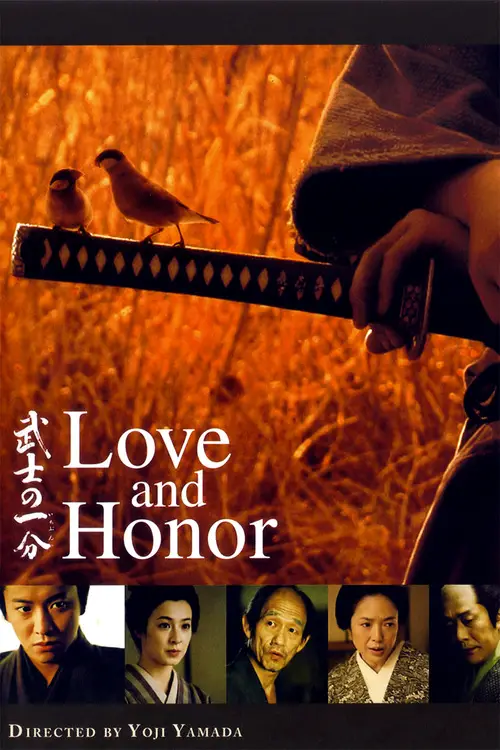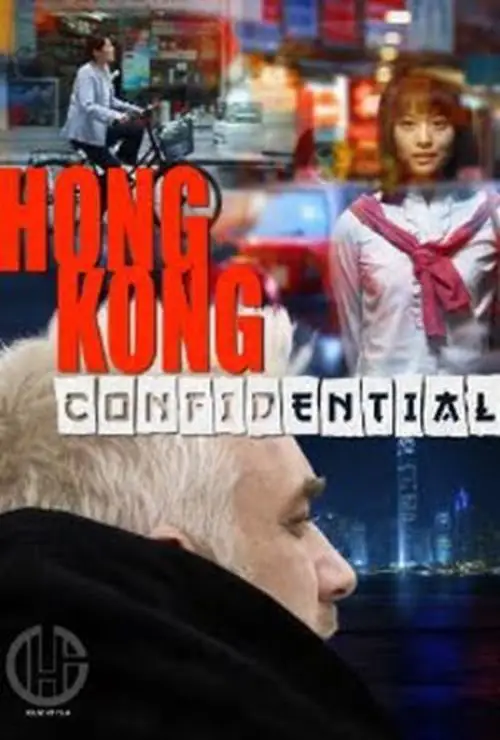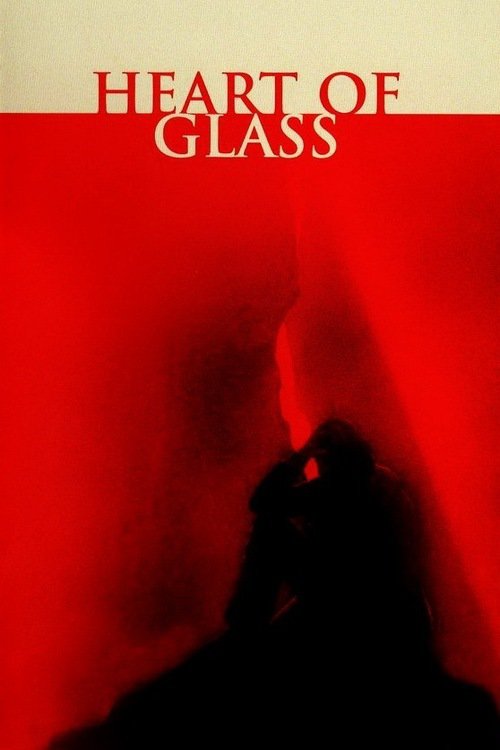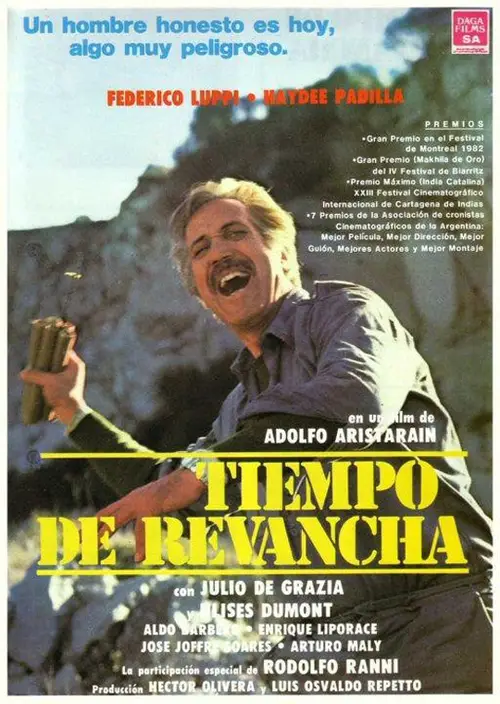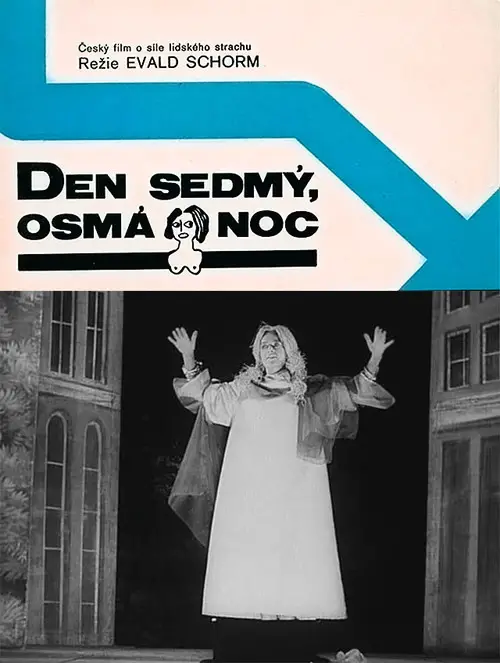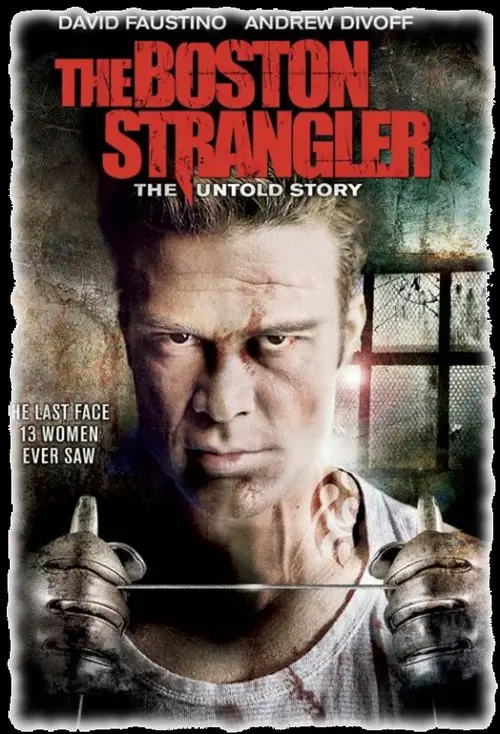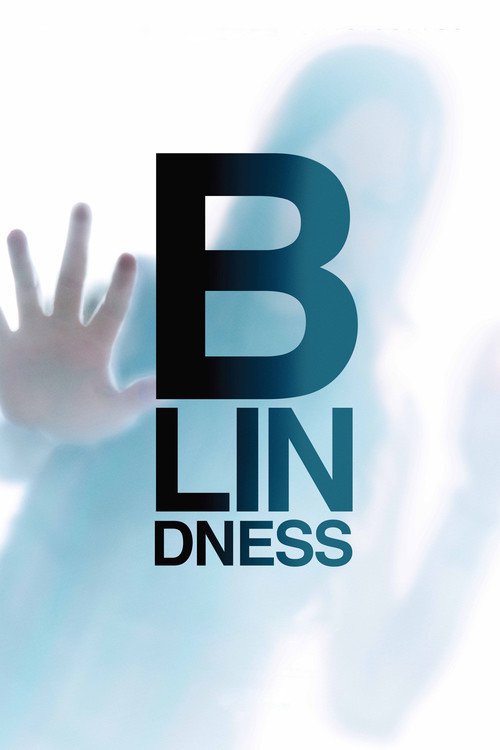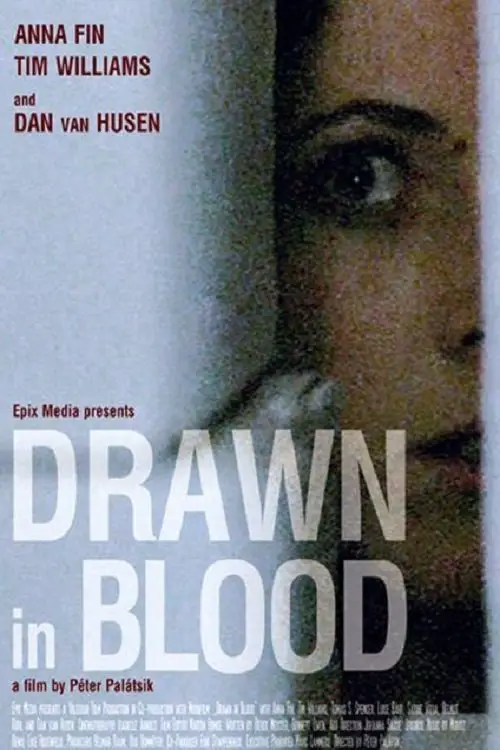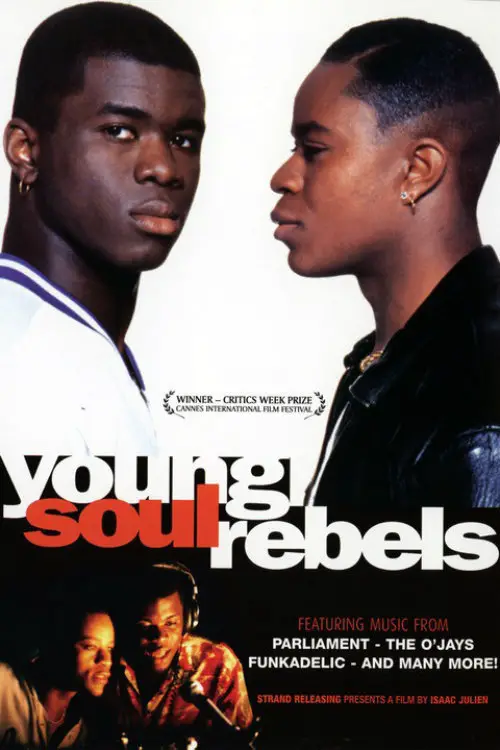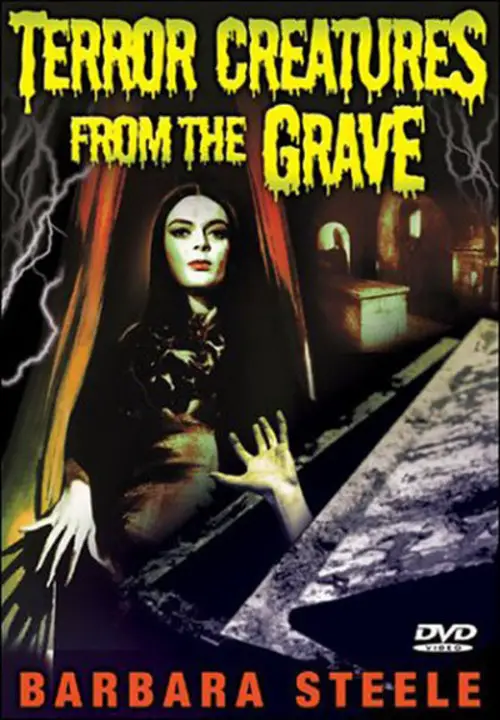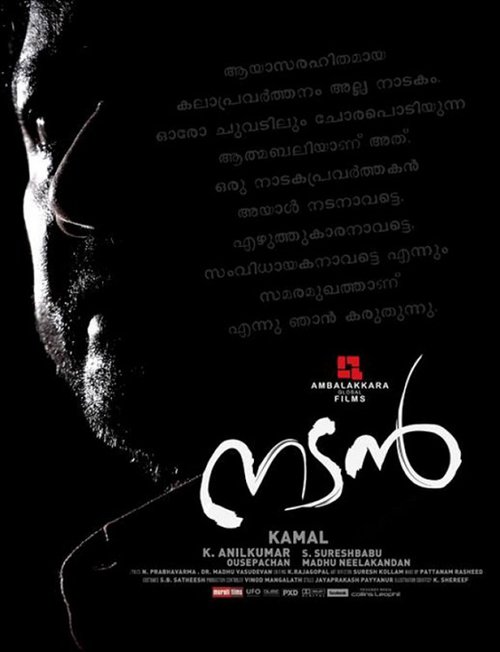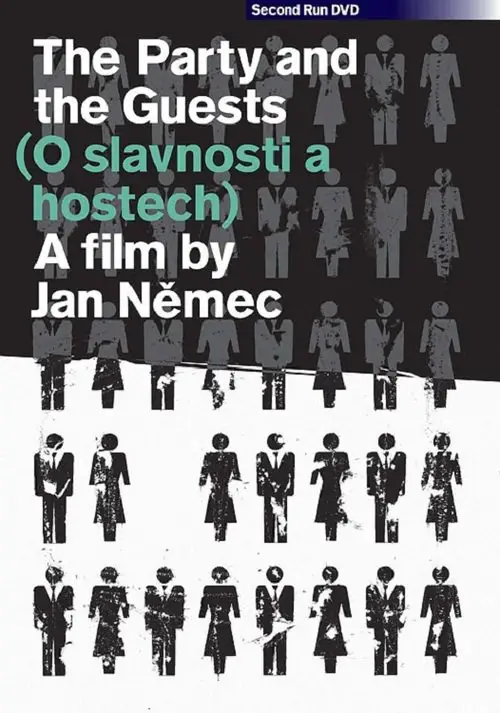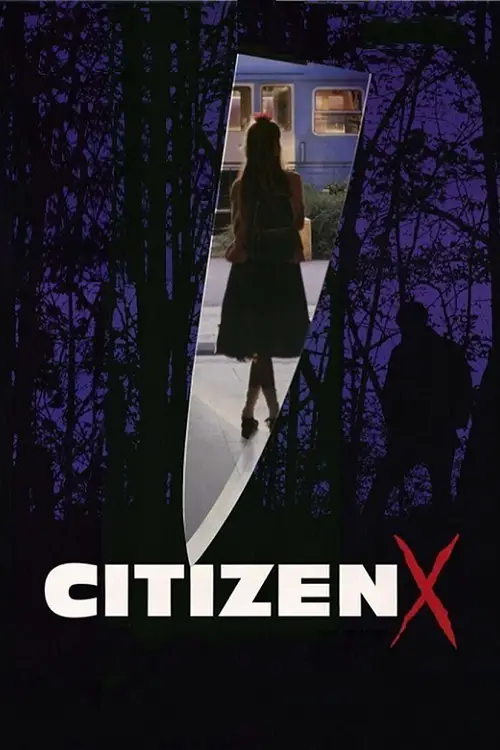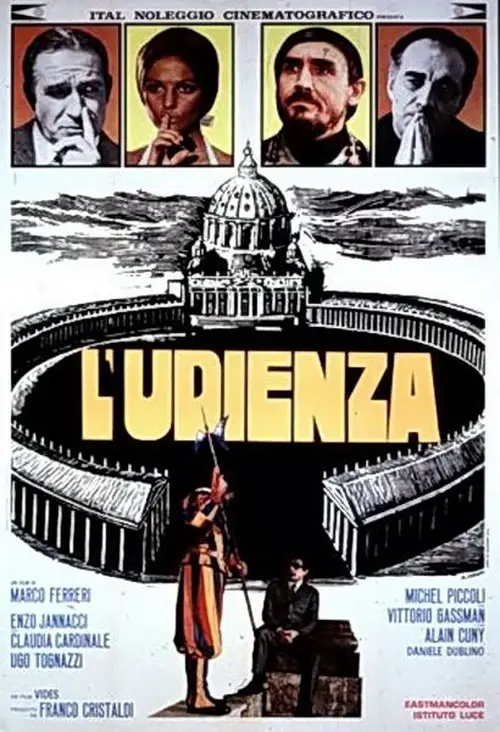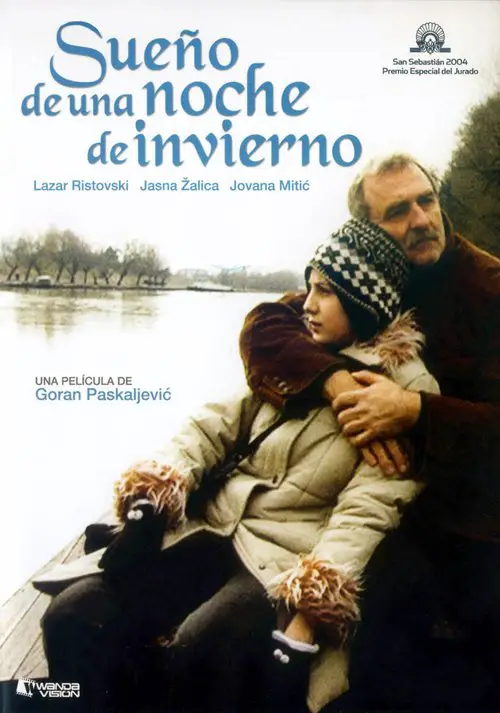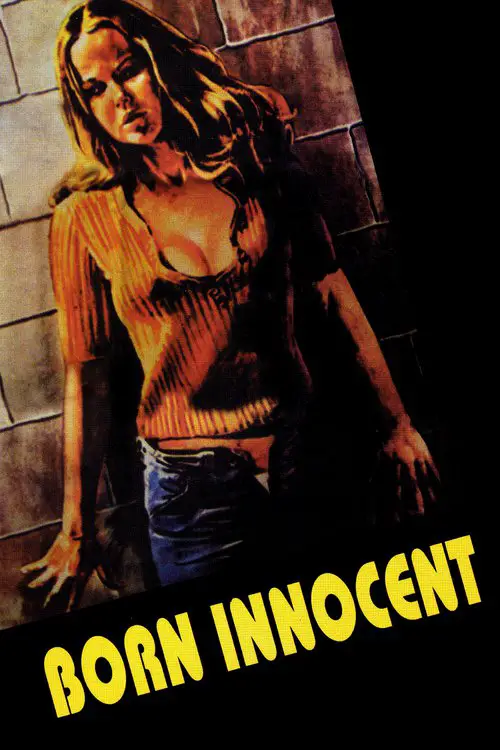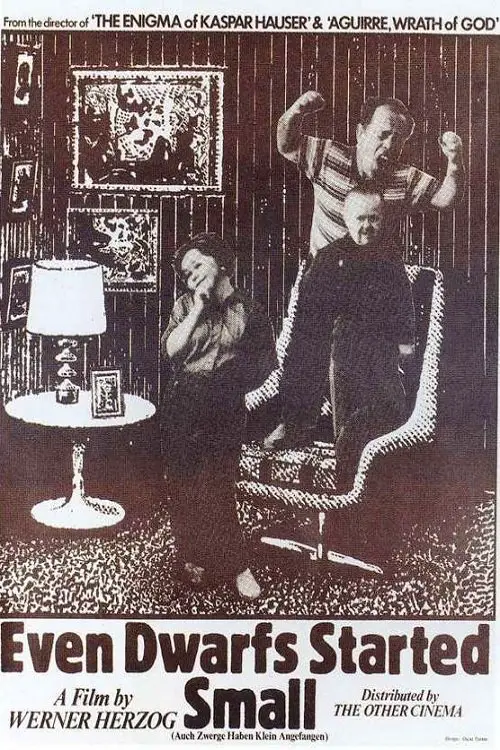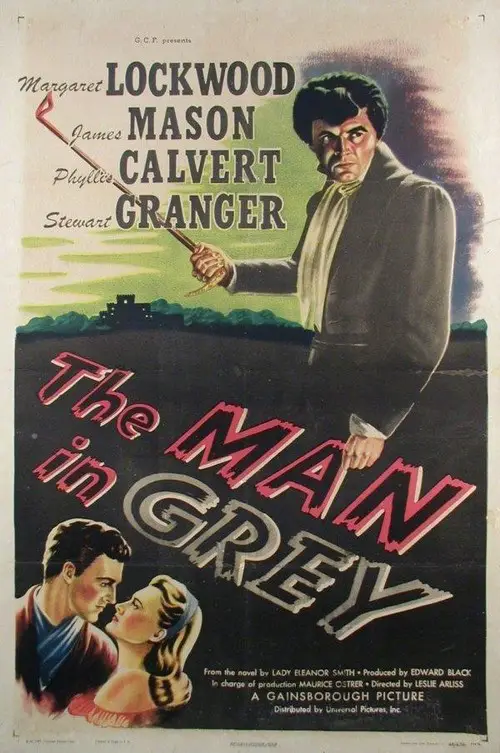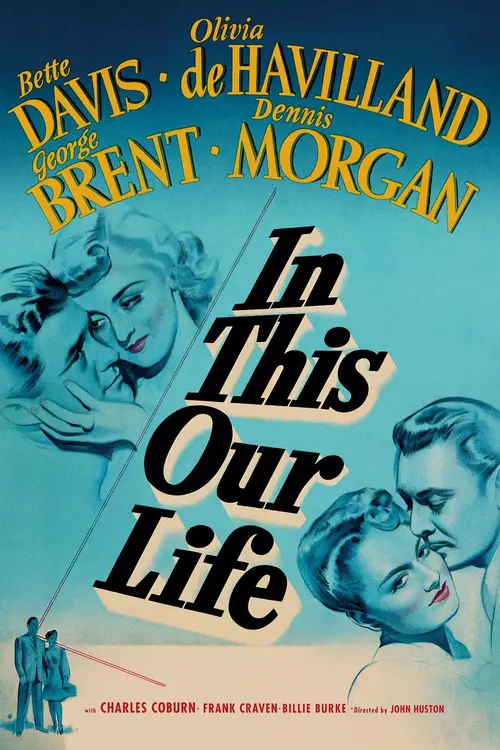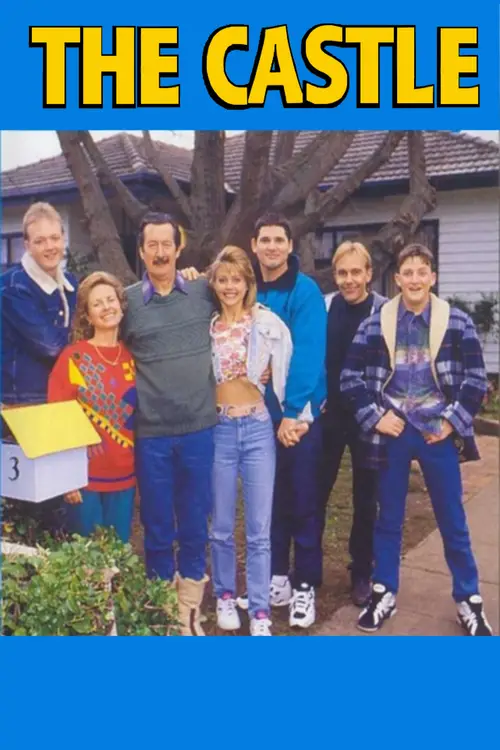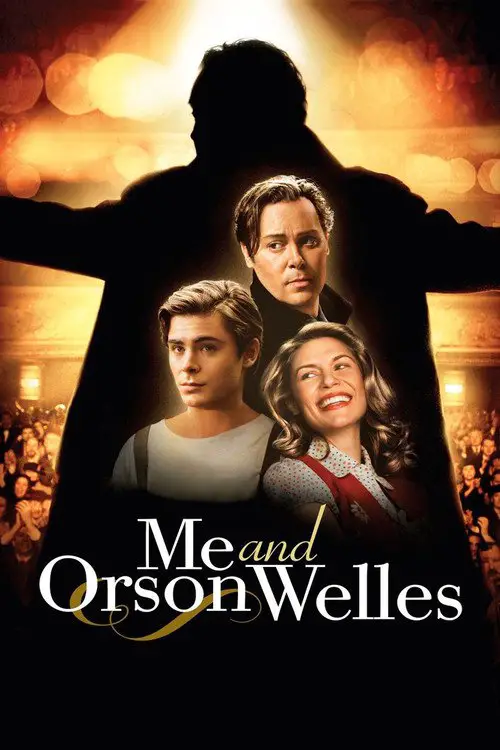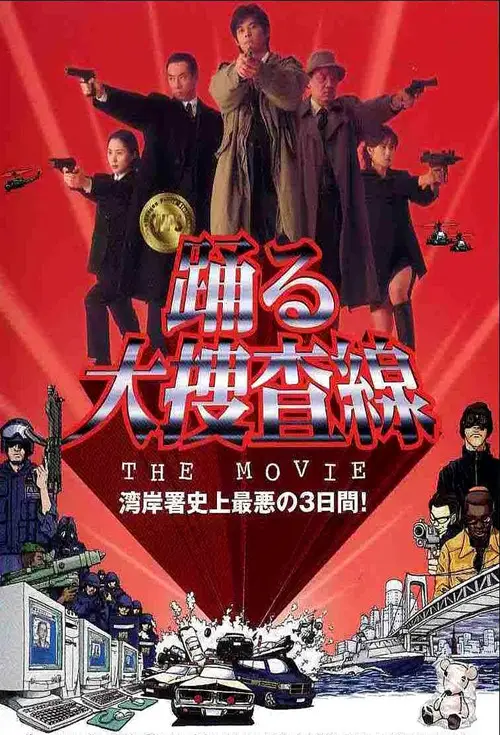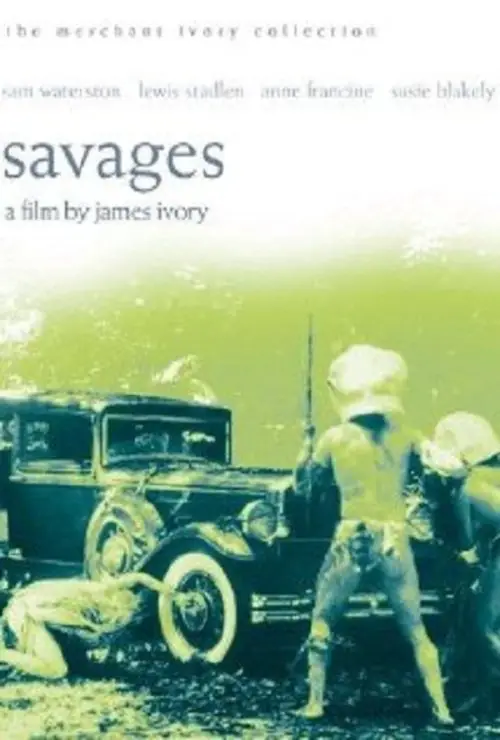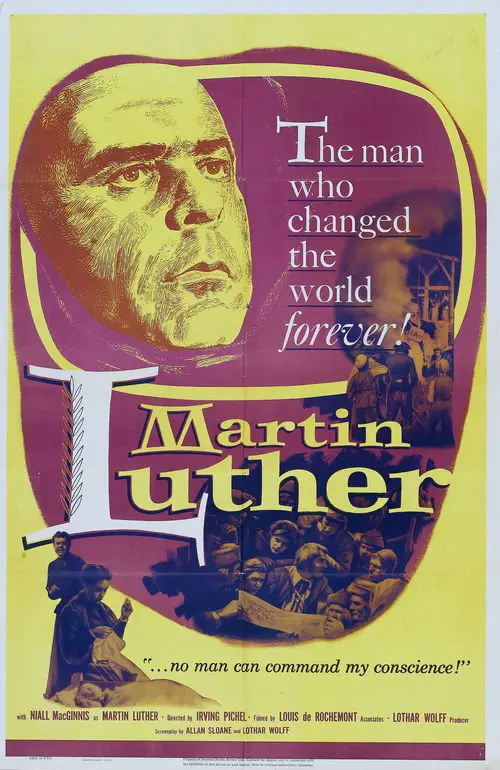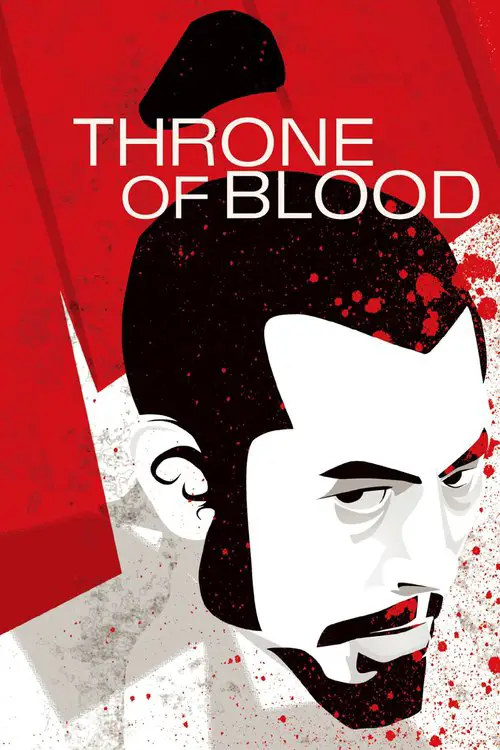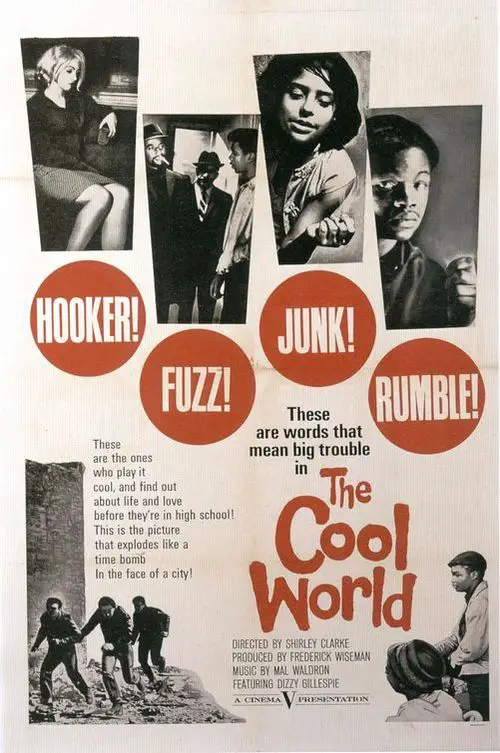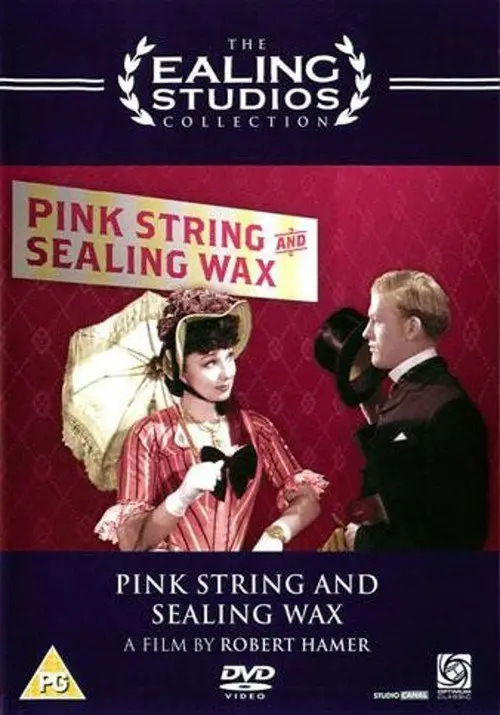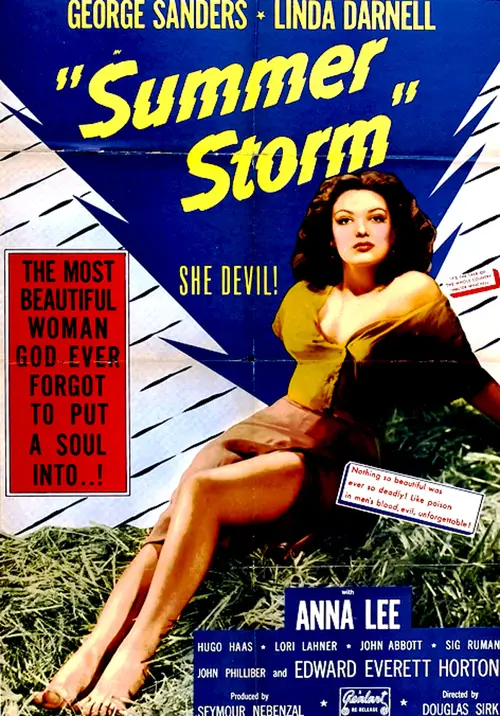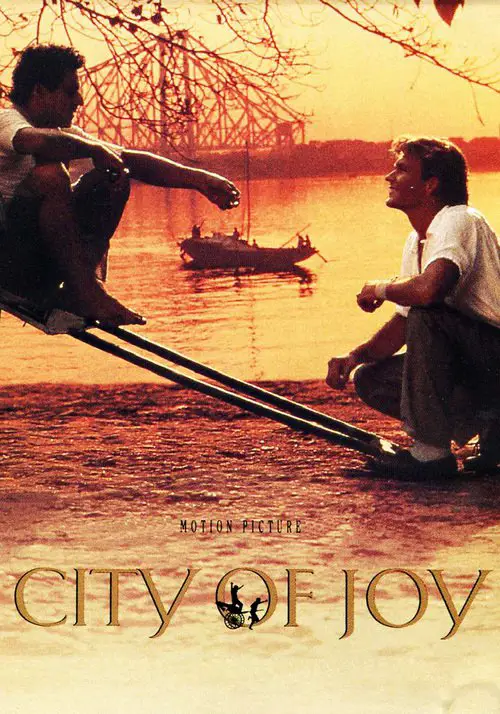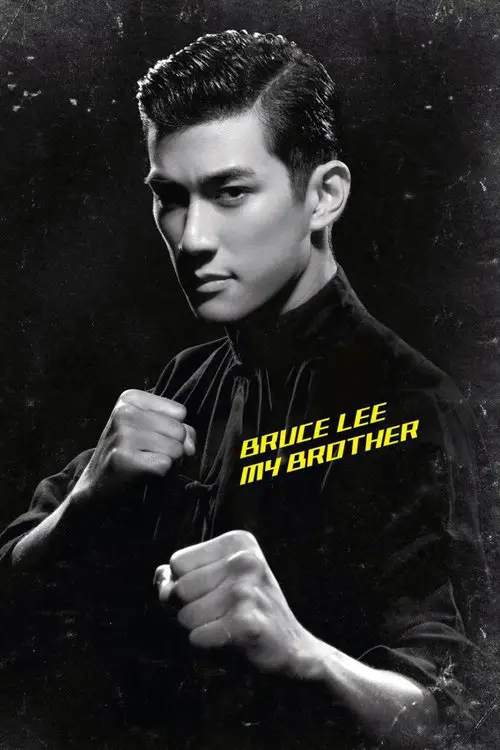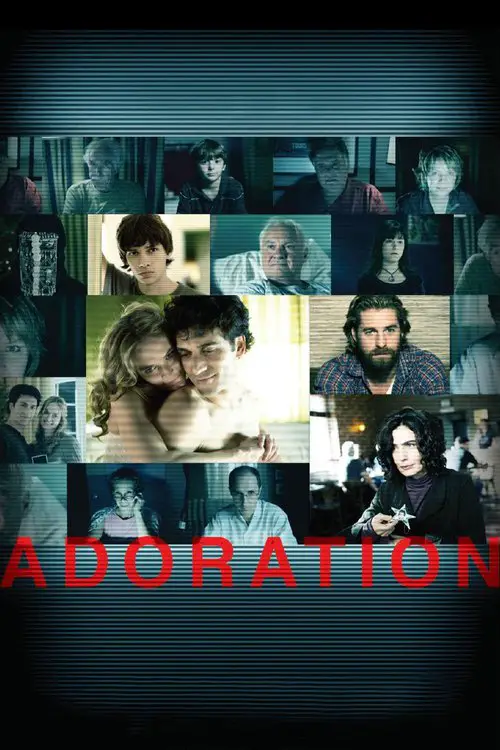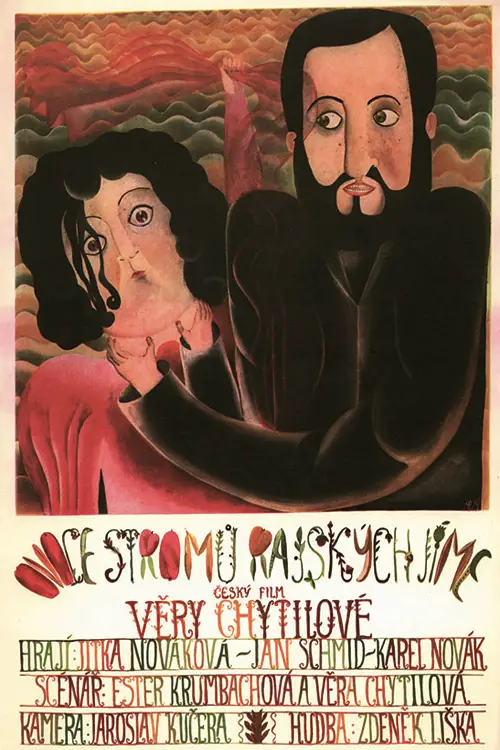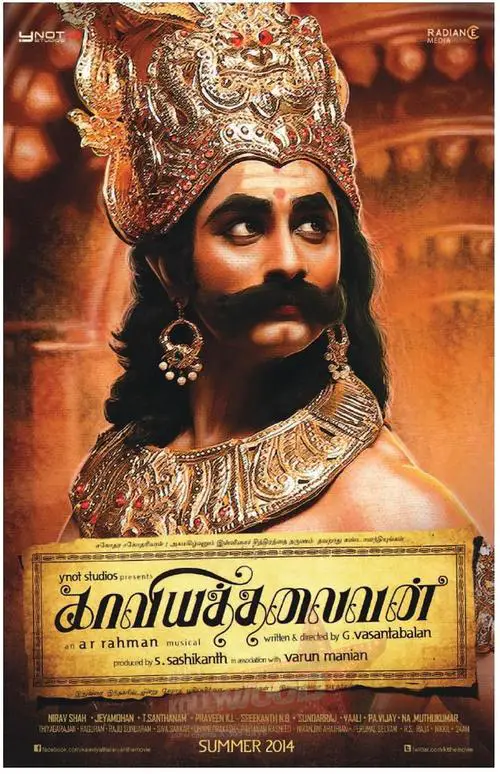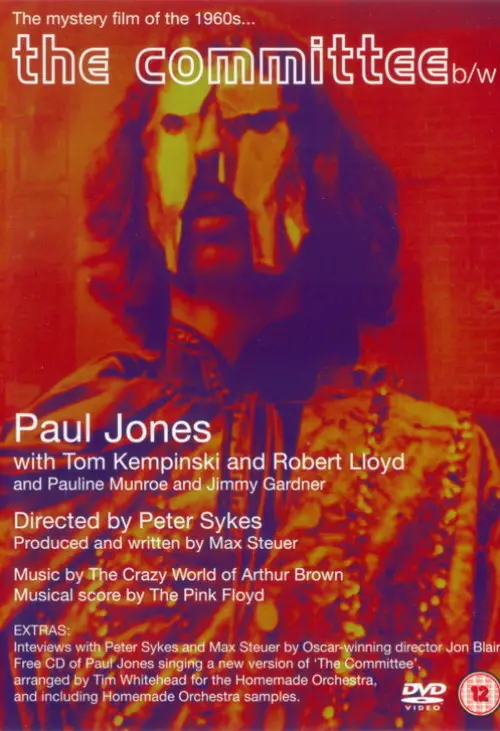The Castle (1997)
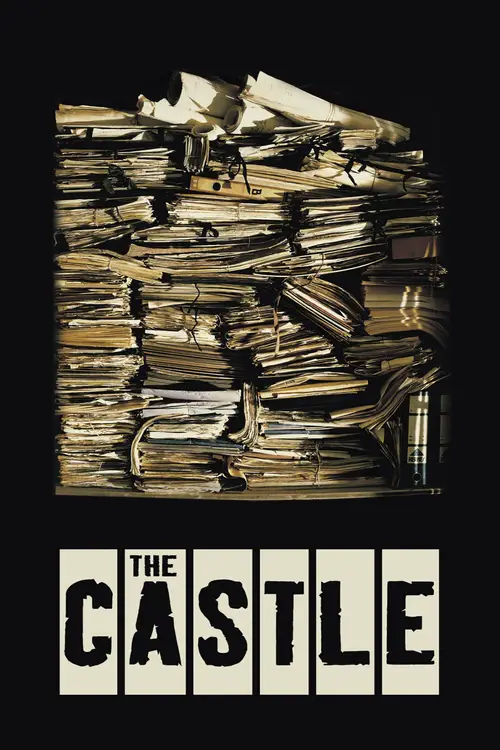
Similar movies
The wife of a barbaric crime boss engages in a secretive romance with a gentle bookseller between meals at her husband's restaurant. Food, colour coding, sex, murder, torture and cannibalism are the exotic fare in this beautifully filmed but brutally uncompromising modern fable which has been interpreted as an allegory for Thatcherism.
Accomplished British screenwriter Christopher Hampton directs the political drama Imagining Argentina, based on the novel by Lawrence Thornton. Set during the unsettling disappearances in Buenos Aires during the dictatorship of the 1970s, the film involves theater director Carlos Rueda (Antonio Banderas) and his wife Cecilia (Emma Thompson). Shortly after Cecilia writes an editorial commentary questioning the mysterious abductions, she is herself abducted and taken into police custody. Soon Carlos develops the supernatural ability to see into the future and he imagines his wife meeting an awful fate during an escape attempt. To make matters worse, their teenage daughter Teresa (Leticia Dolera) is also kidnapped. Imagining Argentina was nominated for the Golden Lion at the 2003 Venice Film Festival. SCREENED/AWARDED AT: Venice Film Festival (ref. Amazon)
Orchestra Rehearsal (Italian: Prova d'orchestra) is a 1978 Italian film directed by Federico Fellini. It follows an Italian orchestra as the members go on strike against the conductor. The film was shown out of competition at the 1979 Cannes Film Festival. Considered by some to be underrated Orchestra Rehearsal was the last collaboration between composer Nino Rota and Fellini, due to Rota's death in 1979.
Salma Zidane, a widow, lives simply from her grove of lemon trees in the West Bank's occupied territory. The Israeli defense minister and his wife move next door; the Secret Service orders the trees removed for security. The stoic Salma seeks assistance from the Palestinian Authority (useless), Israeli army (dismissive), and a young attorney, Ziad Daud, who takes the case; this older client attracts him. While the courts deliberate, the Israelis fence her trees and prohibit her from entering the grove. As the trees wither, the defense minister's wife and, separately, an Israeli journalist, look on Salma with sympathy. In this allegory, does David stand a chance against Goliath?
Hitting an off-the-charts level of subversive allegory, Zulawskiâs second feature is a blood-splattered rampage through a war-charred 1790s Poland that turns the historical epic inside out, and dances on its carcass. Immediately banned in the directorâs Communist Poland for over a decade and a half, The Devil writhes with nonstop demonic energy as it follows an nobleman who, after escaping from prison, swandives into insanity and mass murder. Returning home to his once-rich family â one now reduced to savages â and manipulated by a black-cloaked Satanic stranger at the center of a web of political treachery, the nobleman eventually enacts a Hamlet-like pyrrhic revenge on just about everyone in sight. But The Devilâs most spectacularly intense violence is all emotional, with near-constant outbursts of grief, and desperation of a seizure-like intensity that is downright mesmerizing. â The Cinefamily
In Majdal Shams, the largest Druze village in Golan Heights on the Israeli-Syrian border, the Druze bride Mona is engaged to get married with Tallel, a television comedian that works in the Revolution Studios in Damascus, Syria. They have never met each other because of the occupation of the area by Israel since 1967; when Mona moves to Syria, she will lose her undefined nationality and will never be allowed to return home. Mona's father Hammed is a political activist pro-Syria that is on probation by the Israeli government. His older son Hatten married a Russian woman eight years ago and was banished from Majdal Shams by the religious leaders and his father. His brother Marwan is a wolf trader that lives in Italy. His sister Amal has two teenager daughters and has the intention to join the university, but her marriage with Amin is in crisis. When the family gathers for Mona's wedding, an insane bureaucracy jeopardizes the ceremony.
A wounded criminal and his dying partner take refuge at a beachfront castle. The owners of the castle, a meek Englishman and his willful French wife, are initially the unwilling hosts to the criminals. Quickly, however, the relationships between the criminal, the wife, and the Englishman begin to shift in humorous and bizarre fashion.
Rama Krishna or Rakhi (Jr. NTR) aspires to become railway stationmaster like his father (Chandramohan). His love interest and close friend Tripura (Ileana D'Cruz) is a reporter in TV channel who exposes atrocities against women in society. For Rakhi, his sister Gayathri (Manjusha) is everything. She is married off to software professional (Ravi Varma) who plans to go USA. The greedy in-laws burn her alive for more dowry. Devastated by this he takes the law into his own hands and starts to kill men for harassing women. A police officer Meenakshi Iyer (Suhasini) convinces him to surrender to the law. Before surrendering, he has killed over 49 misogynists. Finally in jail, he kills his sister's friend's murderer like a tiger and in the climax, the main villain ministers . His dialogs in the court are remarkable. The court drama forms the rest of the story.
Two men and a woman happen to meet in a bar. We learn from their conversations both the intriguing and banal details of their lives. But is anyone really telling the truth? From the meat market, to the president's drinking habit or the soviet cloning project, this allegory opposes different aspects of contemporary Russian society
In 16th-century Russia in the grip of chaos, Ivan the Terrible strongly believes he is vested with a holy mission. Believing he can understand and interpret the signs, he sees the Last Judgment approaching. He establishes absolute power, cruelly destroying anyone who gets in his way. During this reign of terror, Philip, the superior of the monastery on the Solovetsky Islands, a great scholar and Ivan's close friend, dares to oppose the sovereign's mystical tyranny. What follows is a clash between two completely opposite visions of the world, smashing morality and justice, God and men. A grand-scale film with excellent leading roles by Mamonov and Yankovsky. An allegory of Stalinist Russia
A dramatization, in modern theatrical style, of the life and thought of the Viennese-born, Cambridge-educated philosopher Ludwig Wittgenstein (1889-1951), whose principal interest was the nature and limits of language. A series of sketches depict the unfolding of his life from boyhood, through the era of the first World War, to his eventual Cambridge professorship and association with Bertrand Russell and John Maynard Keynes. The emphasis in these sketches is on the exposition of the ideas of Wittgenstein, a homosexual, and an intuitive, moody, proud, and perfectionistic thinker generally regarded as a genius.
The film picks up six years after the death of Trife (Aml Ameen) from the first film with the release of Sam (Noel Clarke) from jail where he has been for the past six and a half years for killing Trife. After being released, he goes to the cemetery where he visits Trife's tombstone where he is attacked by Trife's cousin.
A union organizing demolition worker and a friend of his decide to blackmail the corrupt company they work for setting up a fake accident. Because of a miscalculation the friend dies, but he sticks with the plan and demands a big sum of money as indemnity. When the company refuses to pay, determined to prove the worker is lying, he is forced to make a tragic decision in order to win.
An allegory set in an archetypal Czech village, it tells of what happens when a sequence of mysterious events take place, including the disappearance of the stationmaster. While everything has a rational explanation, collective paranoia takes hold and everyoneâs worst instincts are released. Interrogations, the abolition of rights and the search for scapegoats ultimately lead to murder
Boston Strangler: The Untold Story is an intense true-crime thriller about Albert De Salvo, a wise cracking, small time criminal with an unrelenting sex drive, who ultimately falsely confesses to being the strangler that wreaked havoc in Boston during the early sixties. Guided by his manipulative cell mate, who knows more about the murders than he reveals, they devise a plan to gain all of the notoriety from the killings and the money from the reward. Meanwhile, Detective John Marsden, searches out the truth certain that they were not committed by one man. Fighting the bureaucracy of the day, Marsden lets his emotions get the best of him as he follows the trail of the murders.
Academy Award winner Tommy Lee Jones leads an all-star cast in this psychological thriller based on the bestselling novel by James Lee Burke. While on an investigation into a series of grisly murders, veteran detective Dave Robicheaux (Jones) navigates his way through the Louisiana bayou and the dark, sultry world of New Orleans mobster "Baby Feet" Balboni (John Goodman). Layers of corruption and long-dead secrets reawaken grudges and a lethal alliance A tangled web of killings, past and present, converges in a shocking showdown with stakes that become deeply personal to Robicheaux and his family. Featuring music from five-time GRAMMY Award-winner Buddy Guy, this film takes you deep into Cajun country's hidden worlds.
What do you do when love turns into suspicion and mourning turns to fear? When Marian gets word that her brother Michael has committed suicide, she travels to Berlin to sort out his life. Marian reunites with her childhood friend Susanne who offers to help her pack up Michael s things. Together, they find unnerving photographs and clues that something might not be right. Written by Anonymous
An attorney arrives at a castle to settle the estate of its recently deceased owner. The owner's wife and daughter reveal that he was someone who was able to summon the souls of ancient plague victims and, in fact, his spirit was roaming the castle at that very moment. Soon occupants of the castle begin to die off in gruesome, violent ways.
J'accuse is an 'essay-istic' documentary in which Greenaway's fierce criticism of today's visual illiteracy is argued by means of a forensic search of Rembrandt's Nightwatch. Greenaway explains the background, the context, the conspiracy, the murder and the motives of all its 34 painted characters who have conspired to kill for their combined self-advantage. Greenaway leads us through Rembrandt's paintings into 17th century Amsterdam. He paints a world that is democratic in principle, but is almost entirely ruled by twelve families. The notion exists of these regents as charitable and compassionate beings. However, reality was different.
Nadan is the story of a popular drama troupe owned by Devadas Sargavedi (Jayaram), which was previously possessed by his father and grandfather in the past, and speaks about the problems faced by the owner and his survival. The revival of this mighty art through the sustained effort of the talented theatre artists forms the crux of the narrative.
In Jan NÄmecâs surreal fable, a picnic is rudely transformed into a lesson in political hierarchy when a handful of mysterious authority figures show up. This allegory about oppression and conformity was banned in its home country but became an international success after it premiered at the New York Film Festival.
A contemporary, ensemble drama telling the complex tale of six high school students whose lives are interwoven with situations that so many of today's youth are faced with. The story takes place during a normal school day. At precisely 2:37 a tragedy will occur, affecting the lives of a group of students and their teachers. As the story unfolds, the individual stories of the six teenagers are revealed, each with its own explosive significance. An unwanted pregnancy unravels a terrible, dark secret; all is not as it appears for the seemingly confident school football hero; an outcast must deal with everyday taunts from his peers; a beautiful young girl battles an eating disorder; a stellar student constantly struggles to win his parents' approval; while another uses drugs to escape from his own demons.
Based on the true story of a Russian serial killer who, over many years, claimed victim to over 50 people. His victims were mostly under the age of 17. In what was then a communists state, the police investigations were hampered by bureaucracy, incompetence and those in power. The story is told from the viewpoint of the detective in charge of the case.
A simple story of an ex-convict who comes home after 10 years, only to find two squatters in the form of a woman and her autistic daughter. Though Lazar initially plans to kick out Jasna and Jovana, he changes his mind after seeing the squalid conditions of the shelter they are to move into. It is an allegory of the Balkan wars. When first released in Serbia, it caused some public outrage because of the sharp criticism of Serbia's role in the war.
A constant runaway is given over to the care of the state and finds herself in a remand centre for girls. She is soon caught between the uncaring bureaucracy, the sometimes brutal treatment from her peers and her own abusive family, and only one care worker sees her potential to rise above her tragic circumstances.
The inhabitants of an institution in a remote country rebel against their keepers. Their acts of rebellion are by turns humorous, boring and alarming. An allegory on the problematic nature of fully liberating the human spirit, as both commendable and disturbing elements of our nature come forward. The film shows how justifiable revolt may be empowering, but may also turn to chaos and depravity. The allegory is developed in part by the fact that the film is cast entirely with dwarfs
This is a bizarre film, almost completely melodramatic. The screenplay by Howard Koch is based on the 1941 Pulitzer Prize-winning novel of the same title by Ellen Glasgow.Completed in 1942 after the US had joined the war, the film was disapproved in 1943 for foreign release by the wartime Office of Censorship, because it dealt truthfully with racial discrimination as part of its plot. It was Huston's second movie and as he put it: âIt was the first time [in an American film], I believe, that a black character was presented as anything other than a good and faithful servant or comic relief.â.
Me and Orson Welles is a period-drama film directed by Richard Linklater and starring Zac Efron, Christian McKay and Claire Danes. Based on Robert Kaplow's novel of the same name, the story, set in 1937 New York, tells of a teenager hired to star in Orson Welles' production of Julius Caesar, where he becomes attracted to a career-driven production assistant.
Aoshima, a police detective working in the Bayside Precinct, is continually frustrated by the hierarchy and red tape that plague the system. His friend Muroi is climbing the ladder of the police bureaucracy. Muroi has made a pact with Aoshima that while Aoshima looks after the streets, Muroi would make life easier for the cops on the beat. One day in Bayside, a series of events turns the small station upside down. A corpse is found in the river, then the Police Commissioner is kidnapped, leading to the Metropolitian Police Department to take over the investigation which is led by Murai. Will he be true to his pact with Aoshima and co-operate with the local police? In the meantime, the murder investigation leads to a morbid web page and a deadly chat room in cyberspace...
The War Game is a fictional, worst-case-scenario docudrama about nuclear war and its aftermath in and around a typical English city. Although it won an Oscar for Best Documentary, it is fiction. It was intended as an hour-long program to air on BBC 1, but it was deemed too intense and violent to broadcast. It went to theatrical distribution as a feature film instead. Low-budget and shot on location, it strives for and achieves convincing and unflinching realism.
A tribe of primitive "mudpeople" encounter a croquet ball, rolling through their forest. Following it, they find themselves on a vast, deserted Long Island estate. Entering, they begin to become civilized and assume the stereotypical roles and dress of people at a weekend party. There follows an allegory of upper-class behavior. At last, they begin to devolve toward their original status, and after a battle at croquet, they disappear into the woods.
The dramatic black and white classic film of Martin Luther's life made in the 1950's. This film was originally released in theaters worldwide and nominated for an Academy Award. A magnificent depiction of Luther and the forces at work in the surrounding society that resulted in his historic reforming efforts. This film traces Luther's life from a guilt-burdened monk to his eventual break with the Roman Church. This film, in spite of its age, continues to be a popular resource to introduce Luther's life.
Mikio and Washizu are the commanders of the 1st and 2nd Fortress under a local lord, who reigns in the Spiders' Web Castle. After defeating the lord's enemies in battle, they visit the fortress. Washizu, driven by his wife, conspires and murders the lord, becoming lord of the castle. But his evil deeds come back to haunt him.
Filmmaker Shirley Clarke ("The Connection") directs this powerful, stark semi-documentary look at the horrors of Harlem ghetto slum life filled with drugs, violence, human misery, and a sense of despair due to the racial prejudices of American society. There is no patronizing of the black race in this cinematic cry for justice. A fifteen-year-old boy called Duke is ambitious to buy a "piece" (a gun) from an adult racketeer named Priest, to become president of the gang to which he belongs, and to return them to active "bopping" (gang fighting) which has declined in Harlem. It is a clearly patent allegory of an attempt by Duke to attain manhood and identity in the only way accessible to him - the antisocial one.
In this drama, a wealthy American doctor learns some important lessons about life in one of the poorest cities on Earth. Max Lowe (Patrick Swayze) is a Houston surgeon who has grown weary of the bureaucracy of American medicine. When he loses a patient on the operating table, Max impulsively decides to leave America and travel to India in the hope of "finding himself." Not long after he arrives in Calcutta, Max is attacked by a group of thugs and left without money or a passport.
Bruce Lee, My Brother is an action-dramatic biopic of the eponymous martial arts legend as told by his younger brother, Robert Lee. It revolves around Bruce Lee's life as a rebellious adolescent in Hong Kong before he sets off for the USA and conquers the world at the age of 18 with only US$100 in his pocket.
The two best disciples of Sivadas Swamigal, the earnest owner of a Drama school, are by design pitted against each other by the guru himself and this create multiple calamities ending in the duo's separation. Years pass by as one finds a good holding and the other wobbles away as a drunk loser only for them to cross paths again when the ongoing Indian Independence Movement gives another chance for the tables to turn!
The Committee, starring Paul Jones of Manfred Mann fame, is a unique document of Britain in the 1960s. After a very successful run in Londonâs West End in 1968, viewings of this controversial movie have been few and far between. Stunning black and white camera work by Ian Wilson brings to life this âchilling fableâ by Max Steuer, a lecturer (now Reader Emeritus) at the London School of Economics. Avoiding easy answers, The Committee uses a surreal murder to explore the tension and conflict between bureaucracy on one side, and individual freedom on the other. Many films, such as Total Recall, Fahrenheit 451 and Camusâ The Stranger, see the state as ignorant and repressive, and pass over the inevitable weaknesses lying deep in individuals. Drawing on the ideas of R.D. Laing, a psychologically hip state faces an all too human protagonist.
© Valossa 2015–2026
| Privacy Policy
